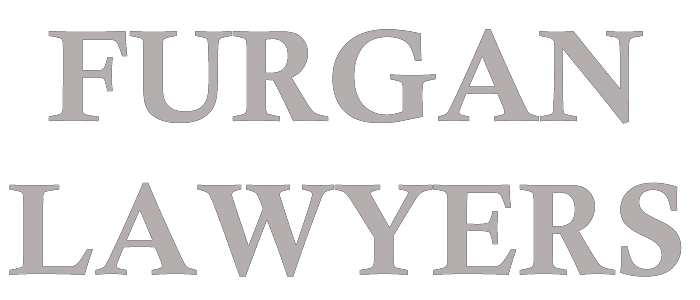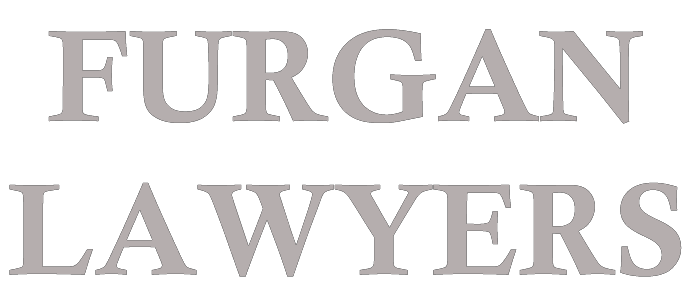
Family Law
When it comes to family law, Furgan Lawyers provides comprehensive legal advice and services. From divorce settlements, to parenting plans and child support, we can provide the support you need during this difficult time. Our team of experienced lawyers will work with you every step of the way to ensure that your rights are protected and your interests are represented.
Furgan Lawyers can be relied upon for a sensible approach in endeavouring to resolve issues by consent orders. The breakdown of a marriage can result in legal issues not normally pigeonholed as” family law”. Furgan Lawyer’s knowledge across a range of areas can help you avoid pitfalls.
We understand how emotionally draining this process can be, which is why our dedicated team will provide you with clear and straightforward guidance so you feel informed throughout the entire process. We look at each situation individually to build a tailored approach that best meets your needs.
Pitfalls related to the breakdown of a marriage can include:
failing to bring a property application within 12 months of the divorce;
your spouse dying after the divorce has gone through but before you have brought a property application;
failing to prepare a new Will;
failing to convert a joint tenancy of the family home or other land into tenancy in common;
Under the Family Law Act there is a period of 12 months after the decree nisi of dissolution of marriage becomes absolute in which to bring an application for property settlement.
Queensland has transferred jurisdiction in relation to the breakdown of de facto relationships to the Commonwealth and so the breakdown of de facto relationships in Queensland is also covered by the Family Law Act. The limitation period for a property settlement consequent on the breakdown of a de facto relationship is two years. This somewhat fits in with the one-year separation required prior to bringing an application for divorce.
The Court has some discretion to grant an extension of the limitation period in circumstances of hardship but you should never get into to the position of having to rely upon the exercise of that discretion.
Because of the wording of the Family Law Act you can continue a property application brought before your spouse’s or de facto’s death against their estate but you cannot commence a property application after your spouse or de facto dies. This only relates to applications under the Family Law Act there might be some partial solution under State law such as constructive or resulting trusts.
If most of the matrimonial assets are in your spouse’s name or held by some company or trust controlled by him it is advisable to formally file a property application prior to the divorce being finalised.
A divorce revokes any portion of a will naming the former spouse as executor or making a bequest to them. You should check that your will reflects your current wishes. Failing to revise your will might lead to the administrative difficulty of not having a named executor which might mean a need for a grant of probate where it might otherwise not be necessary. It may be that you get along quite well with your former spouse and your children as sole beneficiaries are still minors and you fully intend for your ex-spouse to be the executor of your will. In that case you would need to remake your will after the divorce.
In the case of divorce the failure to review the will may not lead to difficulties of a property settlement nature, however the end of a de facto relationship does not revoke similar clauses in a will and therefore if you fail to renew your will you might end up leaving everything to your former partner.
Co-ownership of land under Torrens title can be either as joint tenants or tenants in common. Under joint tenancy the survivor automatically becomes the sole owner (assuming there were only two joint tenants). No half share becomes part of the deceased’s estate and is not subject to the deceased Will.
Under tenancy in common the half share becomes part of the deceased’s estate.
Generally husband and wife buying land will take the land as joint tenants though it is a question of choice exercised at the time. It is generally advisable to convert the joint tenancy into tenancy in common to make your half share subject to your control pending resolution of property matters.
At Furgan Lawyers we believe in achieving the best outcomes for our clients through negotiated agreements whenever possible. This includes mediation, pre-court conferences, phone and video conferences. When necessary we will guide you through the court process to ensure that your case is presented in the best possible way.
No matter what your situation, we strive to provide our clients with positive outcomes for their family law matters. We will be there to support you every step of the way and give you peace of mind that your rights are being protected.
Contact us today to find out how our Family Law team can help you. We are here to assist in any way we can so please don’t hesitate to get in touch with us today and start working towards a better future for yourself and your family.
Furgan Lawyers is a law firm with highly experienced legal professionals, providing legal solutions for organisations and individuals.
Contact Us
Office and Postal Address
163 Bryants Road
Loganholme Qld 4129 Australia


